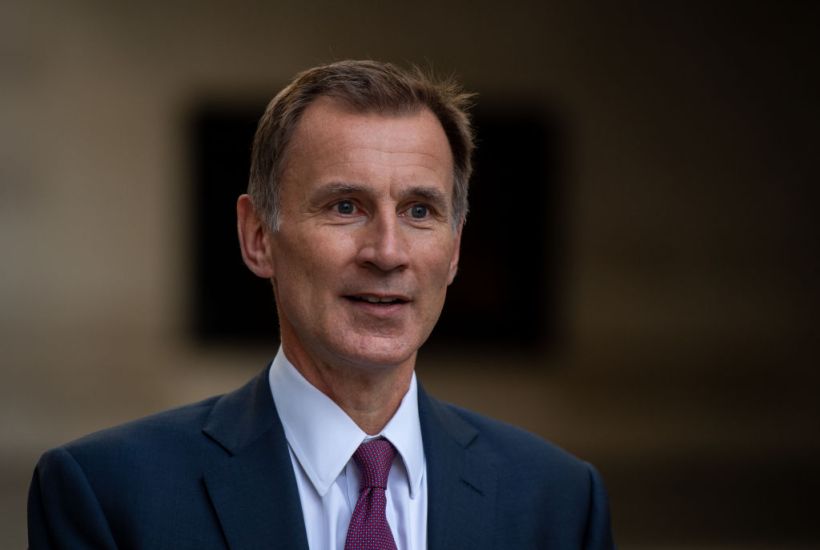We’ll know tomorrow afternoon what exactly Jeremy Hunt has included in his Budget, but reports this evening suggest we’re looking at another 2p cut to employee National Insurance: a move that is estimated to put £450 back in the pocket of the average worker, which Hunt will try to sell as a £900 tax cut, if you combine it with the additional 2p taken off NI in his Autumn Statement last year.
Already a subscriber? Log in
Subscribe for just $2 a week
Try a month of The Spectator Australia absolutely free and without commitment. Not only that but – if you choose to continue – you’ll pay just $2 a week for your first year.
- Unlimited access to spectator.com.au and app
- The weekly edition on the Spectator Australia app
- Spectator podcasts and newsletters
- Full access to spectator.co.uk
Or




















Comments
Don't miss out
Join the conversation with other Spectator Australia readers. Subscribe to leave a comment.
SUBSCRIBEAlready a subscriber? Log in